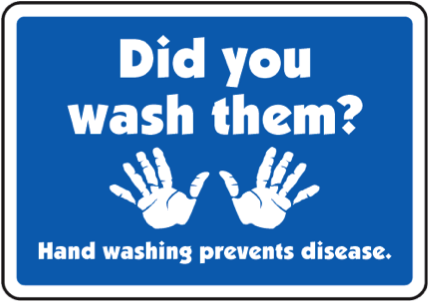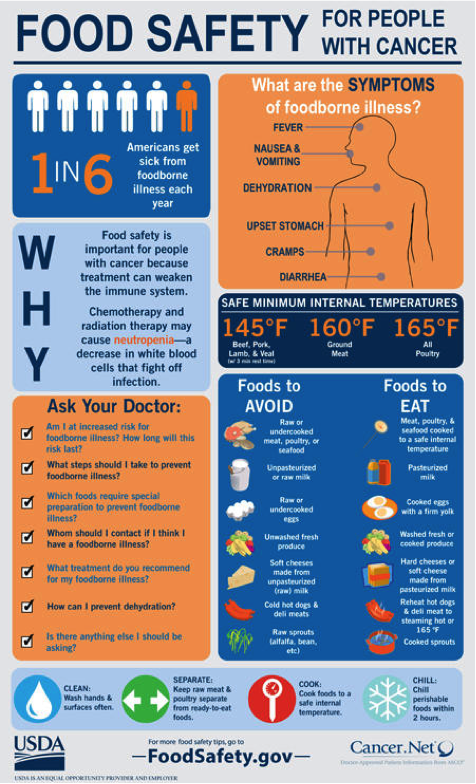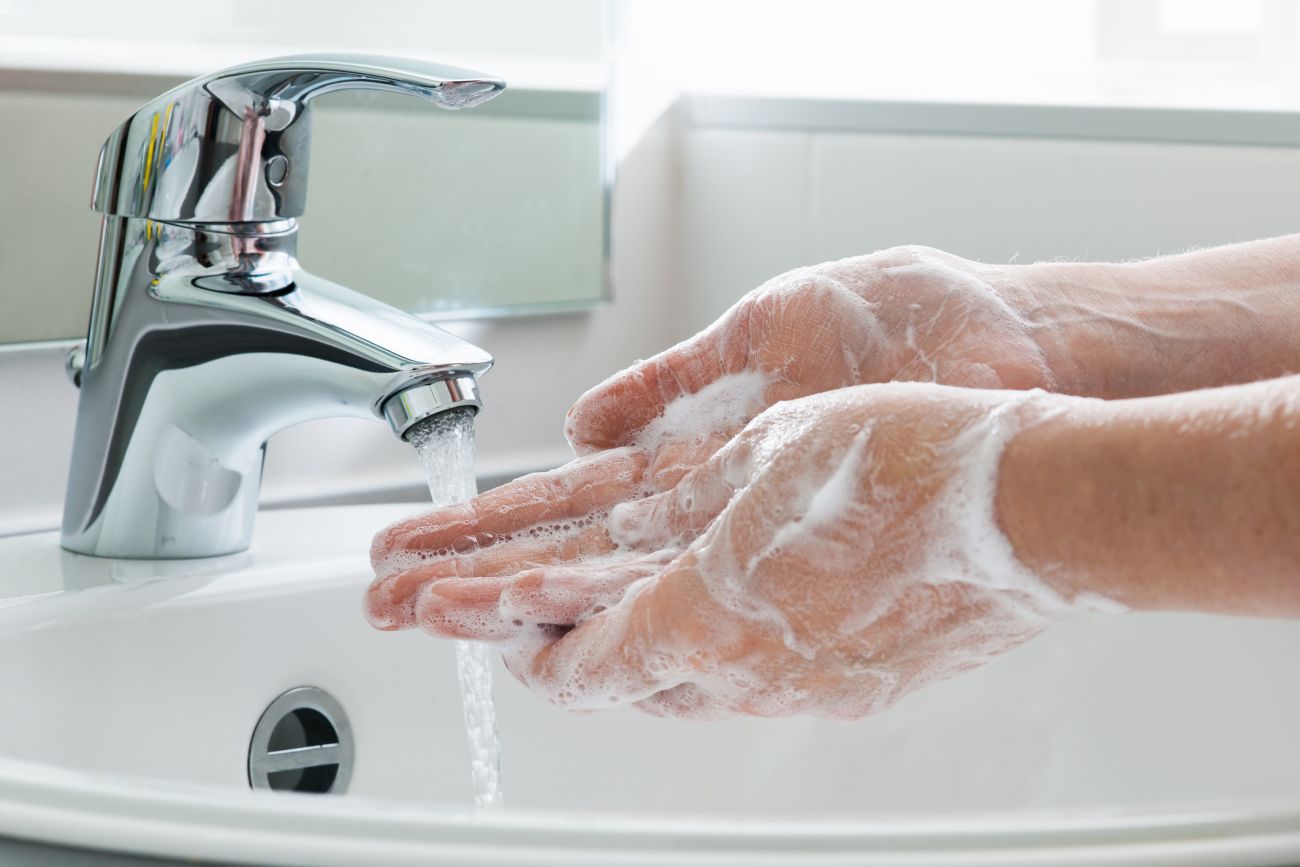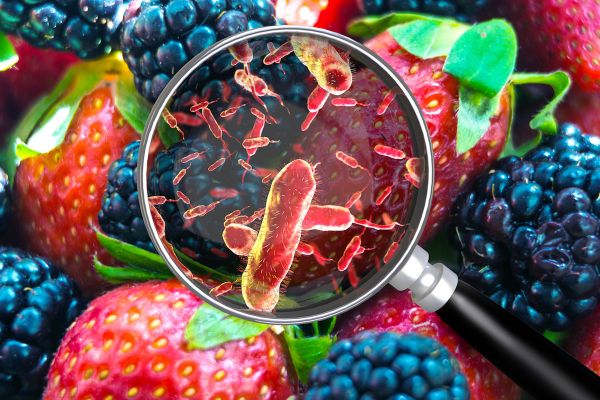Preventing infection is a top priority if your immune system has been weakened by cancer or its treatment. Winter poses new challenges. Outside, shorter days mean less sunlight, single-digit temperatures and low humidity. Inside isn’t much better: closed windows and insulation trap dry, overheated air and germs in the house. Inside or out, winter can cause health issues for cancer survivors.
Protect yourself from flu, COVID and other illnesses
Winter is flu season, and these days COVID and respiratory syncytial virus (RSV) also are on the rise. If you have not already done so, talk to your doctor about whether vaccinations or booster shots may benefit you. If your condition prevents you from getting immunized, make sure those around you get vaccinated. Remember to advocate for your own health and safety. If friends or family are not feeling well, ask them to postpone their visit! This is extremely important. What might be an annoying sniffle to them could be quite dangerous to you. If your caregiver or a household member gets sick, contact your doctor.
Your skin is a barrier to infection

Your skin is your first line of defense against infection. Cold, dry winter air causes skin to crack, which gives germs a way in and makes you more susceptible to infection. It's important to keep your skin clean and moisturized. Bathe regularly, pat yourself dry with clean towels and dress in clean clothes. Wash your hands with warm soapy water for at least 20 seconds after using the bathroom, blowing your nose, covering your mouth during a cough and when they get soiled. Hand sanitizer is effective when hands are not visibly soiled. Rub sanitizer over the entire surface of both hands until it dries. Handwashing and sanitizers can be very drying to your skin, so take a little extra care during the winter months.
How to prevent and alleviate dry skin
- When bathing, do not use steaming hot water.
- Use plain soap. Antimicrobial soaps are drying and plain soap is just as effective for preventing illness.
- Use a good moisturizer – regularly. Over-the-counter moisturizers may work fine. If you have allergies or other concerns, consult your pharmacist.
- Avoid drying ingredients like alcohols and acids. (Sanitizers with 60% alcohol are recommended to kill the virus that causes COVID, so be sure to moisturize well or wash with soap instead of sanitizer.)
- Apply moisturizers after bathing or washing hands, while your skin is still damp. This locks in moisture.
- Use heavy, oil-based creams on drier areas, such as legs, hands and feet, but you may need something lighter/water-based for your face.
- Do not share your moisturizer.
- Dispose of moisturizers after three months. Do not add more moisturizer to an old container.
Tips for keeping skin healthy Caring for Dry Skin

Food safety guidelines to stay healthy
What you eat and how it is prepared can have a major impact on your health. Following some simple food safety guidelines can help keep you healthy and avoid foodborne illnesses, allowing you to rest and recover through the long winter months. If you are neutropenic (have a very low white blood cell count), be sure to follow the guidelines your doctor or nurse provides. In addition, be sure to:
- Check the 'use by' and expiration dates on foods and make sure the packaging is intact. Don't use foods with a broken seal or a dented can.
- Use clean towels, sponges or paper towels to clean work surfaces, cutting boards and utensils.
- Do not eat raw or undercooked meat, poultry, fish, eggs or cookie dough.
- Scrub and rinse fresh fruits and vegetables under running water.
- Follow safety tips in this booklet, Food Safety for Older Adults and People with Cancer
This article was provided by Roswell Park’s Patient Education Department.
Patient Education Library
Patient Education helps you and your loved ones to understand your diagnosis and prepare you for what to expect during your cancer journey.
Learn more

